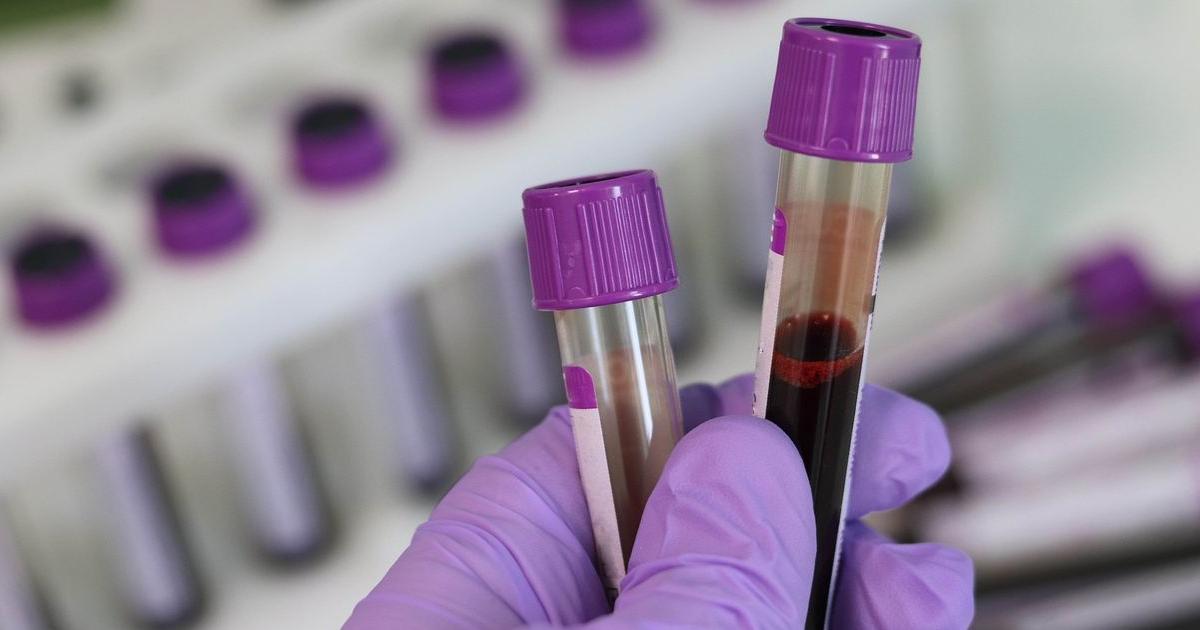Guide To The Symptoms And Diagnosis Of Lysosomal Acid Lipase Deficiency
Blood Tests

Several different types of blood tests are beneficial in the diagnosis and management of lysosomal acid lipase deficiency. For diagnosis, genetic testing can be performed to sequence the patient's LIPA gene and detect any abnormalities. This test determines whether a patient has the disease, and it is also used to determine whether an individual is a carrier. Genetic testing may be done prenatally in at-risk pregnancies. Tests to measure the patient's level of the LAL enzyme are also useful for diagnostic purposes.
In terms of managing lysosomal acid lipase deficiency, patients generally need to have regular cholesterol tests to monitor their levels and determine an appropriate dose and type of cholesterol-reducing medication. Patients may also need to have frequent tests to measure their liver and kidney function and to check for possible complications such as anemia. Patients with jaundice may need to provide blood samples to check their bilirubin levels. Certain blood samples, including the ones for genetic testing, can sometimes be taken via a fingerstick method. Liver and kidney function tests usually involve blood taken from a vein in the back of the hand or at the crease of the elbow.